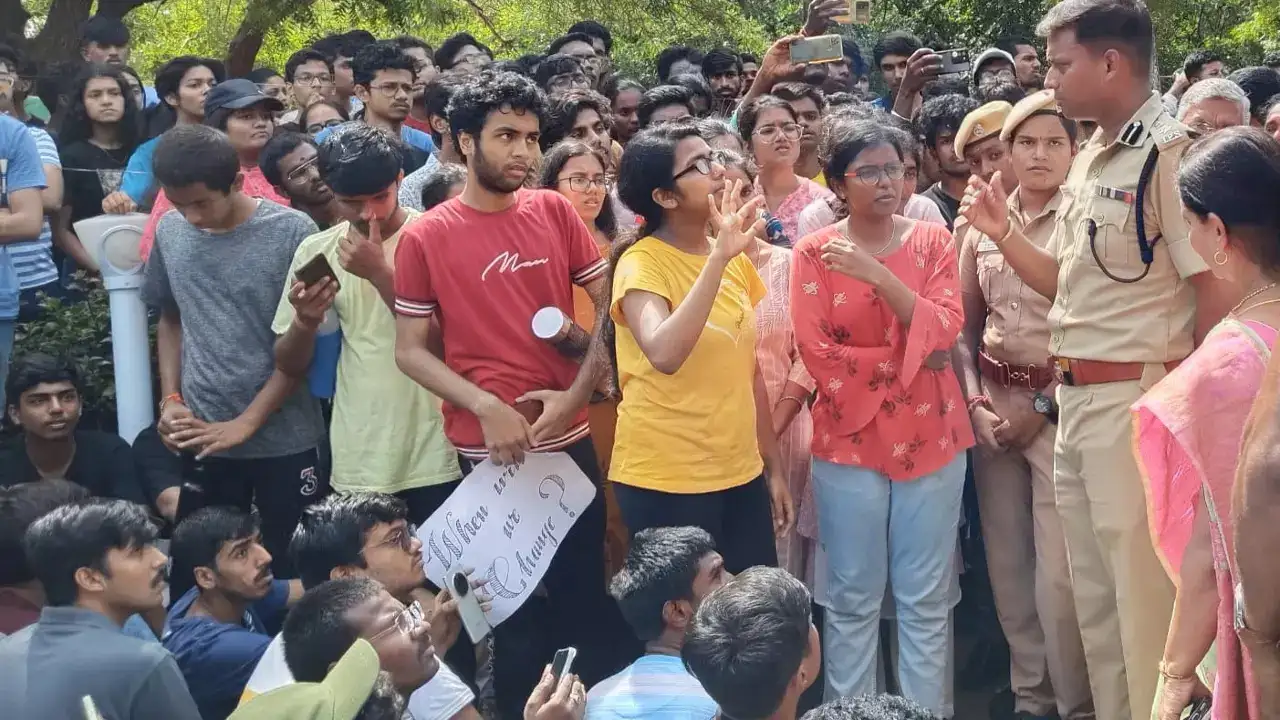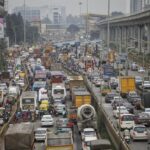Now Reading: Over 56 Lakh Voters Already Removed from Bihar’s Rolls Ahead of Final Deadline: Concerns Mount Over Transparency
-
01
Over 56 Lakh Voters Already Removed from Bihar’s Rolls Ahead of Final Deadline: Concerns Mount Over Transparency
Over 56 Lakh Voters Already Removed from Bihar’s Rolls Ahead of Final Deadline: Concerns Mount Over Transparency

In a surprising turn just days before the final revision deadline, over 56 lakh names have already been removed from Bihar’s voter rolls. The process, officially meant to clean up duplications and ineligible entries, has sparked widespread concern over transparency, accuracy, and possible disenfranchisement—especially in rural and Tier 2 areas where voter awareness and access to correction mechanisms remain limited.
Mass Deletions Before Deadline Raises Eyebrows
The Election Commission had set July 25 as the cut-off date for final corrections to the electoral roll. However, by July 23, officials had already deleted 56.27 lakh names. The scale and speed of these removals have raised questions: Was due process followed? Were voters properly notified? And how many valid voters may have been struck off by mistake?
In districts like Gaya, Bhagalpur, and Darbhanga, local political workers and NGOs have reported confusion among voters checking their status.
Why the Cleanup Was Ordered
According to authorities, the deletions are part of an ongoing nationwide effort to ensure clean and updated electoral rolls. This includes removing names of deceased individuals, migrants, and duplicate entries. Bihar, with its high mobility and complex documentation challenges, has long faced voter roll irregularities.
Officials say the move is aimed at improving credibility ahead of upcoming state elections, but critics argue the process lacked local-level transparency.
Field Verification and Local Gaps
The Election Commission claims that most deletions were made after field verification. However, in several blocks, local reports suggest otherwise. Many voters reportedly did not receive prior notices or had no opportunity to respond. In rural areas, especially where literacy rates are lower and digital access is patchy, such communication gaps have real consequences.
For example, many daily-wage earners or elderly citizens—who rarely update addresses or paperwork—are at higher risk of accidental deletion.
What This Means for Tier 2 and Rural Voters
For towns like Muzaffarpur, Sitamarhi, and Purnia, where elections often see tight margins, the sudden removal of thousands of names could impact turnout and even outcomes. It also highlights the need for stronger voter awareness campaigns at the panchayat and ward levels.
Citizens in Tier 2 cities are increasingly engaging with governance and democratic processes—but if access to correct errors or re-register is weak, trust in the system could erode.
The Bigger Concern: Who’s Checking the Checkers?
Activists and political observers are asking an important question: Who audits the process of deletion? With lakhs of names gone even before the deadline, the fear is that those affected may not know or act in time to get their names restored—especially with no clear grievance redressal at the block level.
Calls for independent monitoring, better digital tracking, and public notice before deletion are growing louder.
Conclusion
The mass deletion of voters from Bihar’s electoral roll is meant to clean the system—but if done without proper checks and communication, it risks creating a different kind of exclusion. As the July 25 deadline nears, the focus must shift from just numbers to accountability. For democracy to work, every eligible voice must count—and every voter must know they still have one.
























